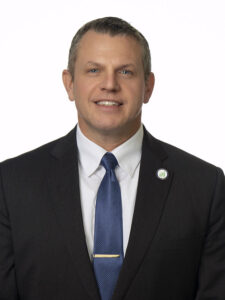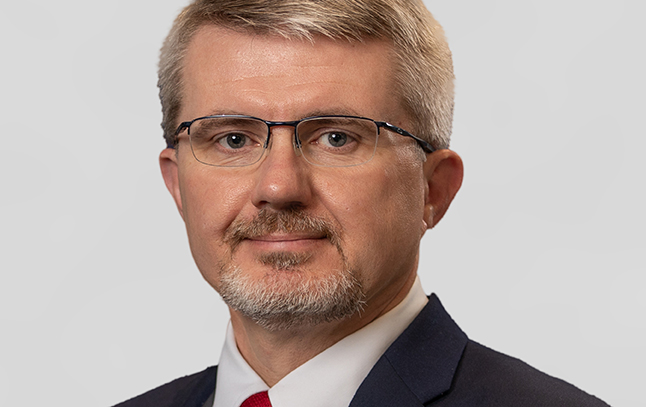
Jason E. Glass
Kentucky’s future vision for education, called United We Learn, was developed after listening to Kentuckians from all parts of the Commonwealth and represents what they said they wanted for our schools and their children when we took the time to listen. One major component of that vision is to create “vibrant learning experiences for every student.”
I’m sometimes asked what is meant by “vibrant learning experiences” and my response is that I believe Kentuckians were telling us they wanted students to experience the kinds of complex and detailed work they will need to be successful in when they leave our schools. These kinds of learning experiences can also be called “deeper learning,” but what exactly does that mean?
At the Kentucky Department of Education, we’ve shied away from laying out some official definition of “deeper learning” because it can take on several forms. We believe it is important for Kentucky’s students, educators, parents and community members to explore the question of what “deeper learning” means on their own.
Still, we can draw on our own experiences as human beings to put some parameters around what “deeper learning” is and what it isn’t. All of us have experienced learning in our lives that was deep, rich, authentic and meaningful to us – the kind of learning that made an impact and that taught us important lessons that we carry with us through our lives. Conversely, we also have all had learning experiences that were “shallow,” meaning they were at the surface level only. Shallow learning are the things we almost immediately forget or that were so repetitive and routine in nature that they don’t really require your brain to be meaningfully engaged.
Deeper learning experiences go beyond just memorization or learning to do a repetitive task and require us to demonstrate a higher-level set of skills. These might include thinking through something complex with many moving parts, or it might require a creative solution where there is no clear right answer, or it might require effectively communicating or influencing others through written, oral or visual means. Deeper learning certainly touches on and requires “core” content knowledge such as reading, writing, mathematics, science or social studies – but it also means that we go beyond just the basics and use that knowledge to solve a real problem or create something new and important.
Sometimes these deeper learning experiences happened to us in formal schooling, but often, they happen outside of school. I often hear people tell me that the lessons they learned as part of band, choir or a sports team, or what they learned as part of a job they had – these are the experiences that had meaning and relevance to them. These are the times that required them to be deeply engaged in what was happening to be successful. So, deeper learning can take place either inside or outside of formal schooling.
Besides place, we also see other variability in how deeper learning takes place. Sometimes there is a teacher, coach or someone else facilitating the learning, but sometimes we experience deeper learning lessons independently through self-discovery or learning that occurs out of necessity.
Sometimes deeper learning is social in nature. We often learn with others and the experience of learning things together creates a shared experience that can make the learning “stick” and be meaningful, but this is not always true. Sometimes deep learning takes place through a very personal and individual journey or exploration where we learn on our own.
So when it comes to defining deeper learning, I refer back to the words of Harvard longevity scientist David Sinclair. When asked how long he expected to live, he said that that it was “exploration,” not expectation. Exploring what deeper learning means for our communities, schools, families and students is, in itself, an important exercise. We can grow from that experience which, after all, is the point of learning.



My takeaway is, learning equals information, problem solving skills and relationships.